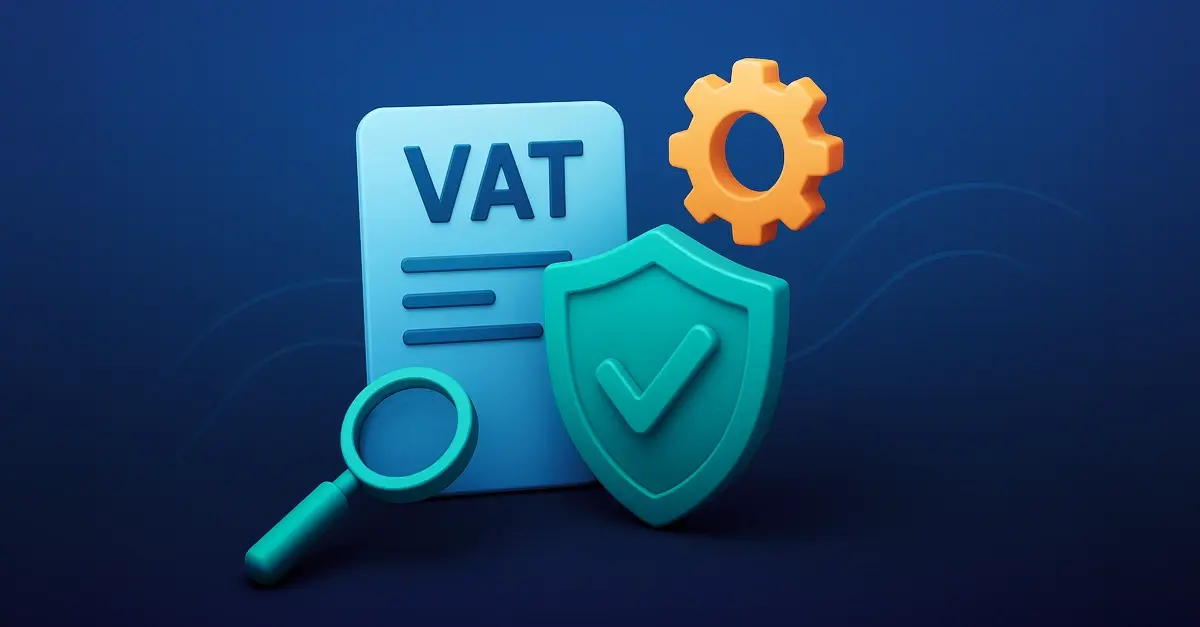Adequate data hygiene is crucial for the image of your company. In addition, a healthy b2b database has a positive impact on your turnover. Poor quality information or deficient data protection policy is detrimental to your reputation and to your sales. Avoid these issues by applying our 5 tips: ensure compliance with the GDPR, standardize your data, update your data, and erase obsolete or duplicate entries.
GDPR compliance
Your database must include the source of information and proof of consent (a ticked box in a form or a signature on a document, for example). In emailing campaigns, always use opt-in or even double opt-in.
According to the GDPR, consumers can request access to their personal data and demand their deletion from your file. Respond quickly and positively to such requests.
Your database security is another essential point. You should protect your database from unauthorized access or modification.

Data standardization
In your file, data originate from various sources, including form entries or manual encoding. It is likely that information such as dates, abbreviations, postal addresses or telephone numbers are not identically recorded on each line.
Determine standardization rules. Inspect your file and correct all non-compliant data. Apply these rules when collecting data online and when manually entering new information. Your data are easier to use if they are standardized.
Information update
How old are the data in your database? If they were entered over a year ago, they may be incorrect. People change jobs, companies relocate, etc.
Review your data periodically and update them if necessary. To do this, assign this task to one or more persons who will be responsible for manually reviewing information. Another, faster, solution is to use specialized tools. They automatically update your database.
This update should be performed as often as possible: ideally, opt for a real-time updating service.
Remove obsolete data
Some obsolete data cannot be corrected or reviewed. This is the case, for example, when a company no longer exists, an employee has retired, or a technology has been abandoned (fax, etc.).
Remove all outdated lines in your database. They take up unnecessary space in your file, which could increase its maintenance costs. Contacting a bankrupt company or the wrong person also wastes time for your salesforce.
Duplicate data removal
Duplicate information is often found in databases. Inspect your database and merge all duplicate entries.
Just like obsolete data, duplicates make you lose money. Clean up your file periodically. The best way to do this is to implement an automated data validation process that detects and merges redundant lines.
By maintaining your database hygiene, you reduce unnecessary expenses and improve your marketing campaigns ROI. When collecting data, comply with the GDPR and standardize information. Periodically inspect your file: update data, remove invalid data, and merge duplicates. Ideally, use a service that performs all 3 actions in real-time.





Comments